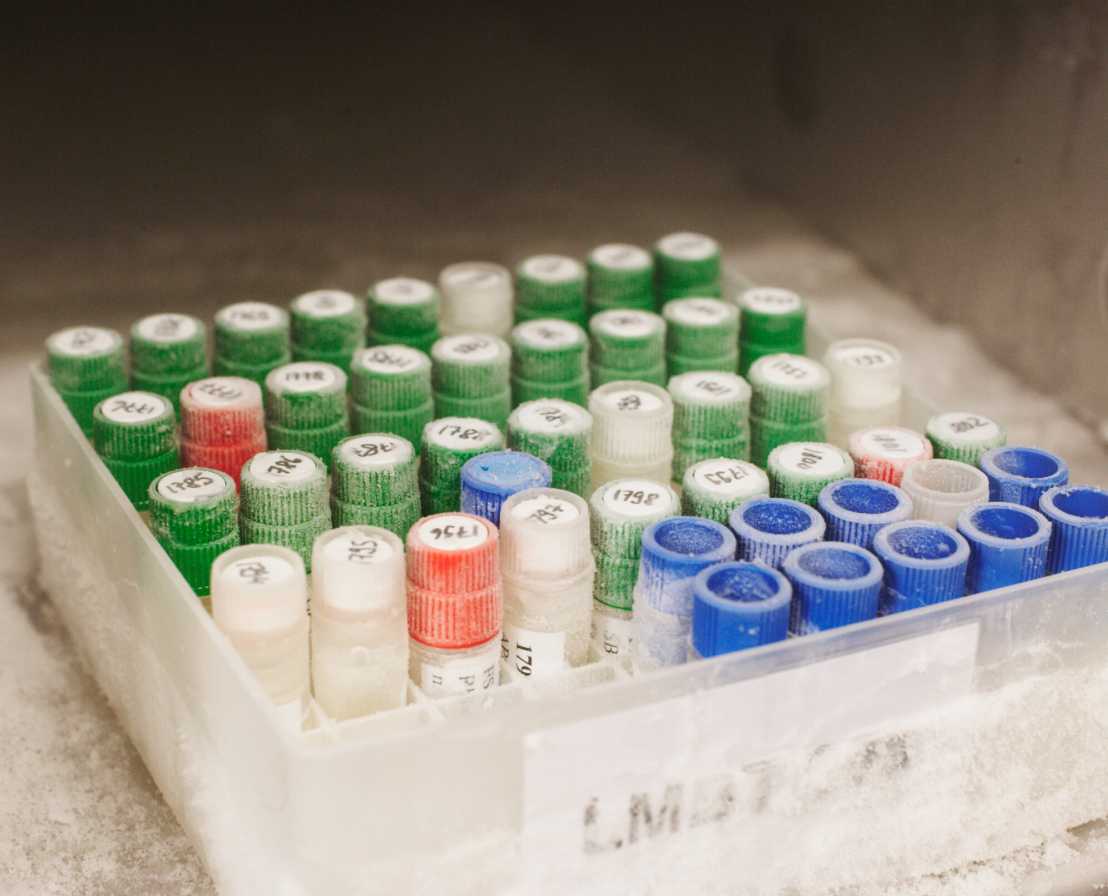Culture Collection

The Laboratory of Food Biotechnology owns a large culture collection containing more than 12,000 strains isolated from food, environmental and fecal samples originating from Europe, Africa and Asia. This geographical diversity is a unique feature of our culture collection. The collection is also highly biodiverse, containing isolates from clinical samples, humans (mainly the gastro-intestinal tract), and from spontaneous fermentations of meat, milk, and plants. The strains have been collected through long-standing collaborative projects by established research networks of universities, non-profit organizations, governments and industries, especially in Africa.
An overview of the LFB culture collection is given in the table below. All isolates have been typed to at least the genus level, with most strains characterized down to species and even strain levels, using a polyphasic approach combining phenotypic and advanced molecular methods.
The LFB culture collection includes many strains with potential for use in food, because they belong to microbial groups that are generally recognized as safe (GRAS) or with Qualified Presumption of Safety (QPS) that are considered safe for human consumption. Additional characterization before application of a strain should include demonstration of the absence of virulence factors and transmissible antibiotic resistance genes based on information from complete genome sequences.
The broad diversity of strains in our culture collection offers the potential for targeted screening for unique properties important in enhancing the quality, safety and nutritional composition of foods. For instance, screening more than 1,000 lactobacilli species from our collection identified strains that possess unique features, such as the highest reported folate production for lactic acid bacteria (equivalent to GMOs), fast acidification in different food matrices, and strong antimicrobial activity for biopreservation.
Defined strains from the LFB culture collection strains are now used in commercial cultures (e.g. for antifungal activity and bioprotection) and for food fermentations (e.g. in cheese and fermented meat products).
